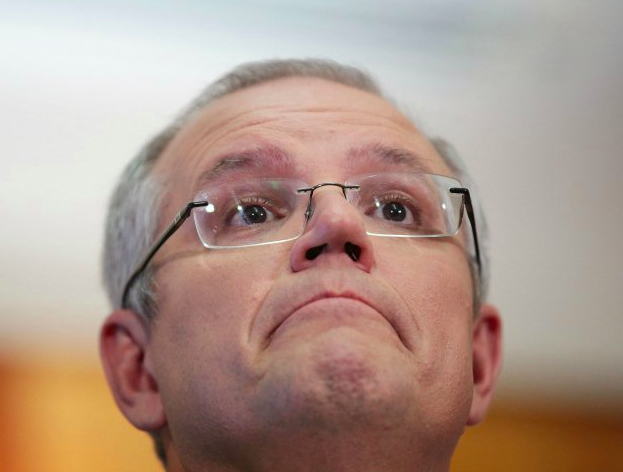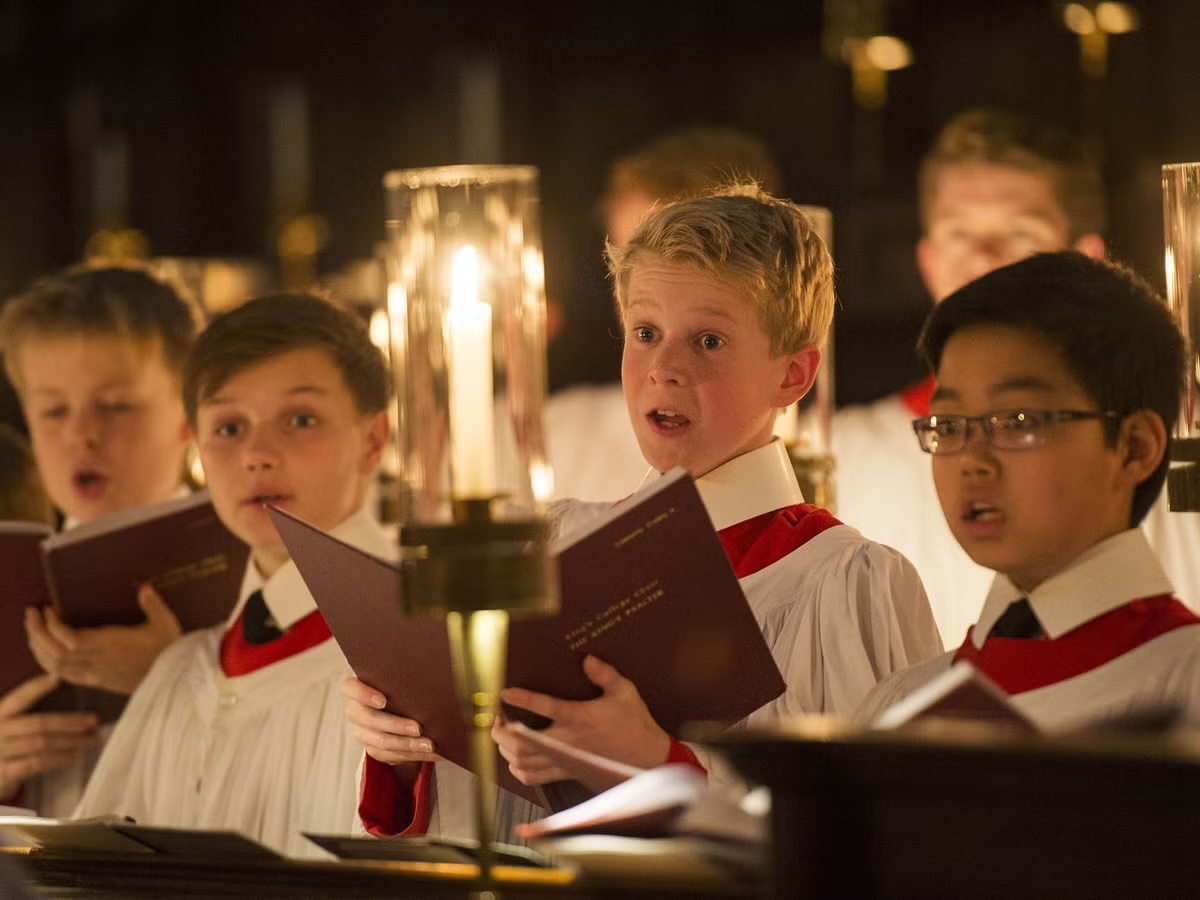August 24, 2018
What To Expect From a Pentecostal PM
So Scott Morrison is Prime Minister.

For the time being at least.
What can we expect from a Prime Minister who is already being labelled as our “first Pentecostal Prime Minister”?
More to the point; what can we expect to be told about a so-called Pentecostal Prime Minister from a mainstream media that is the gatekeeper to all of our mainstream news?
First let me say this: The mainstream media in Australia basically lives within a secular bubble. Many have no religious affiliation and are, indeed either suspicious or scornful of it.
Many do not understand the nature of religion, how it works and what impact it has a person’s life. Nor do they have any understanding that all humans, including themselves, by nature give their allegiances to beliefs and values that are not “self-evident.”
So what will happen now?
Expect lots of Op-Ed pieces about what a Pentecostal is, what it means to hold Pentecostal values; what a Pentecostal Prime Minister might do differently to those who are secular or hold to an emotionally cooler version of the faith.
Expect to see grainy shots of Hillsong, and shots of crowds from behind with raised hands and a stage in front with musicians and lights.
Expect to see articles about speaking in tongues and direct lines of communication from God that could result in such a Prime Minister reversing long held social justice wins. (Spooky stuff).
Expect to see something about the cultural push by many mainstream Pentecostals in Australia (or “Pente-coastals” as someone has called them due to their explosion of growth along our coastal settings), and their shifty behind-the-scenes moves to bankroll conservative agendas in Australia.
In other words, expect journals such as The Conversation, and other left-leaning rags, to carry the types of conspiracy articles often written when John Howard was Prime Minister, about how he was in league with the shadowy Exclusive Brethren who were running things behind the scenes (truth, sadly, is more boring than fiction in this instance).
Expect to see a mainstream media that has no clue about how religion works, that knows nothing of Pentecostal religion, trying to tell Australians what it is really like. All without ever darkening the door of any Pentecostal Church.
And that’s just the secular scribes who will fear that his Christian convictions will colour his decisions.
And then there are the Christians of every stripe, who will hope that his Christian convictions colour his decisions, especially Christian convictions that they themselves hold.
So expect all Christians on the so-called Left (and many noble souls on the so-called Right, myself included) to excoriate Sco-Mo for not releasing the children from Nauru.
Expect those on the Christian Right to pillory him for caving in on Section 18C, because Freedom of Speech was purchased via Christianity, and we lose it at our peril.
In other words Christians will want him to make decisions based on his Christianity and in line with what their own philosophical slant of Christianity views as important.
In between those two things expect other Christian groups to have hopes for what he might do (in the eight months before Bill Shorten becomes PM in an ALP landslide), and expect secular groups to fear what he might do.
All of this proves that the media, and the public, will work hard to find a way to leverage Scott Morrison’s Pentecostal strain of Christian faith either against him if he fails to do what they wish, or for him should he do what they wish. That’s going to be the angle.
And all of this demonstrates why, in Greg Sheridan’s excellent new book, God is Good For You, politicians with faith were almost gun-shy in being interviewed by Greg about their belief in God.
From Bill Shorten to Tony Abbot, Penny Wong to Mike Baird, Kristina Keneally to Kevin Rudd, Sheridan found a deep reticence, verging on nervousness, among our politicians to speak of their faith (honourable exception, Andrew Hastie).
Why? Because they have been cowered into thinking that to be open about one’s faith in Australia immediately labels one either a fundamentalist, or someone unfit to hold public office because faith will skew and taint their public actions.
Yet the huge rise of middle-fee-paying Catholic and independent Christian schools in Australia, with many having open enrolment policies that have seen the percentages of non-church going students sitting at around 80 percent, indicates that most Australians don’t have a particular problem with public faith.
Many are not interested in it for themselves, but they’re not seeing religious people as in league with the devil when it comes to public policy decisions (pun intended).
Those who do, however, are often those who have no involvement at all with religious people, and that includes a large percentage of the secular mainstream media, who are indeed the gatekeepers of opinion in the country.
Keneally, the former NSW Premier, is originally from the USA. In Sheridan’s book she makes this observation about her early life in this country:
“When I first moved to Australia, I was struck by the absence of religion in public conversations, the lack even of people to talk about these things. I was starting a doctorate and at parties people would say: ‘What do you study?’ And I’d say ‘Religion,’ and the conversation would end. They’d turn away, nothing more to be said. Then I joined the Labor Party.”
In other words, politicians are more likely than the general population, to go to church. The Labor Party is full of religious people, especially Catholics.
And if more likely to be religious than the average Aussie, much more likely than the average member of the mainstream media to be people of faith. Keneally makes this incisive comment:
“There’s still a lack of comfort about politicians of faith who talk publicly about the inspiration of their faith. That’s partly while politicians tend to be more churchgoing than the population generally, they are reported on by journalists who tend to be less churchgoing that the general population.”
So what can we expect from our first Pentecostal Prime Minister? I’m not completely sure. But I’m pretty sure how it’s going to be reported. It will be reported as either a curiosity or as a threat.
Either as the last vestiges of a dying faith, or the rising challenge of a recently muscular hyper-evangelical faith growing in confidence because of Trump or some such.
So what should we expect from our first Pentecostal Prime Minister?
Watch this space.
Written by
There is no guarantee that Jesus will return in our desired timeframe. Yet we have no reason to be anxious, because even if the timeframe is not guaranteed, the outcome is! We don’t have to waste energy being anxious; we can put it to better use.
Stephen McAlpine – futureproof
Stay in the know
Receive content updates, new blog articles and upcoming events all to your inbox.


